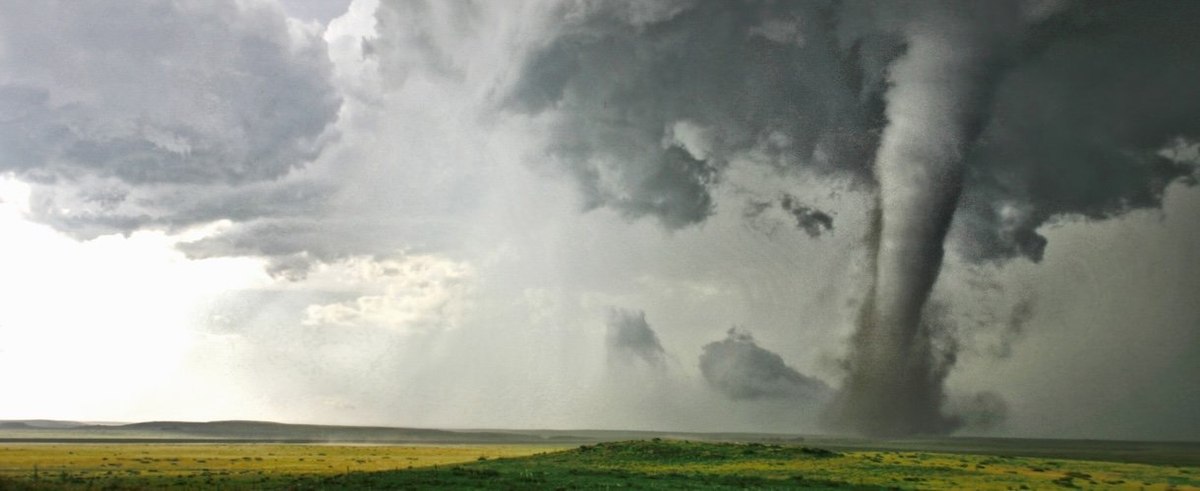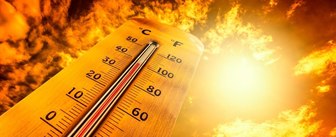Nearly three in four Americans say they live in an area where hurricanes, tornadoes, or earthquakes are major or minor problems. 26% say they live in an area where one of the three are major problems.
In a new YouGov poll, more Americans said tornadoes (52%) were major or minor problems in their area than said the same of hurricanes (35%) or earthquakes (29%).
The survey did not ask about other disasters, such as wildfires, blizzards, or floods.
Concern about hurricanes, tornadoes, and earthquakes matches up with the parts of the country where they are most common. For example, 32% of Californians (living on or near the San Andreas Fault) say earthquakes are a major problem, as do sizable shares of those living in the seismically active states Alaska, Hawaii, Oregon, and Washington. No state not on the Pacific coast has more than 10% of U.S. adults calling earthquakes a major problem, while most states have rates below 5%.
Among the non-Western states where more than 5% say earthquakes are a major problem are Missouri and Arkansas (parts of which are in the New Madrid Seismic Zone) and New York (which was hit by a 4.8 magnitude quake in April 2024).
Concern about hurricanes is concentrated in the southeastern U.S., led by Louisiana (where 62% say hurricanes are a major problem) and Florida (58%).
Americans worry about tornadoes in a wide swathe of the central U.S. — an area that roughly corresponds with observed tornado activity. In twister-prone Oklahoma, 73% say tornadoes are a major problem.
Few people in the Mountain West states of Nevada, Utah, Idaho, and Montana worry about earthquakes, tornadoes or hurricanes: at least 90% of adults in each state say none of those disasters is a big problem. It's also rare for people in New England and the Middle Atlantic states to see any of these as major problems.
See the results of this poll:
- How big of a problem are earthquakes in your local area?
- How big of a problem are hurricanes in your local area?
- How big of a problem are tornadoes in your local area?
Methodology: The Daily Questions survey was conducted online on June 14 - 17, 2024 among 28,676 U.S. adults. The sample was weighted according to gender, age, race, education, U.S. census region, and political party. The margin of error for the overall sample is approximately 1%.
Image: Getty (Cultura RM Exclusive/Jason Persoff Stormdoctor)












